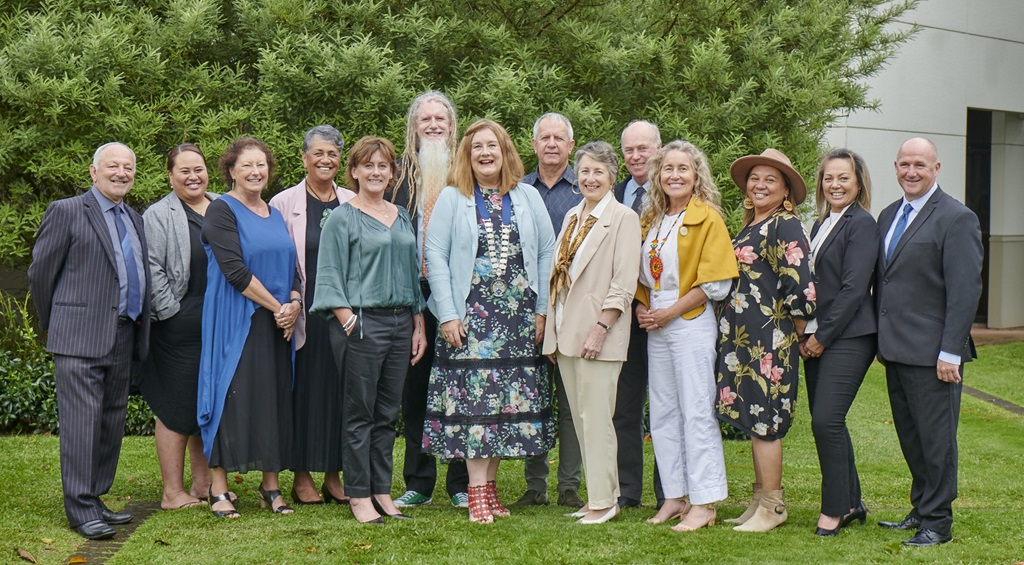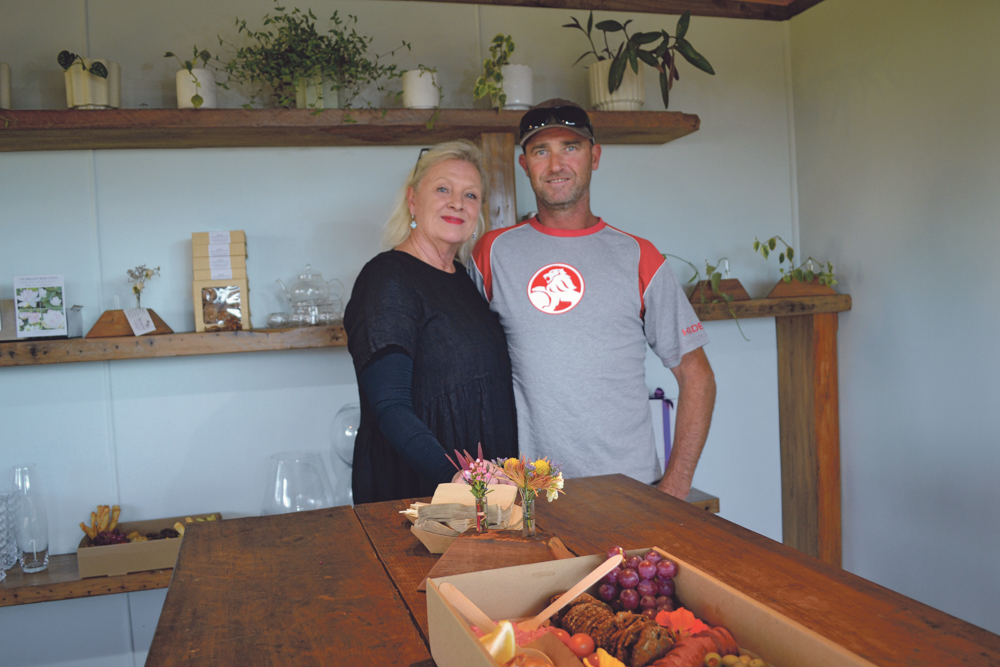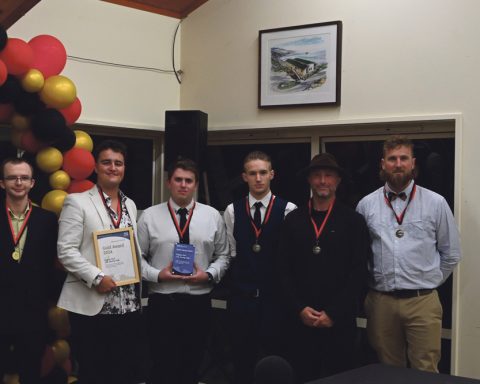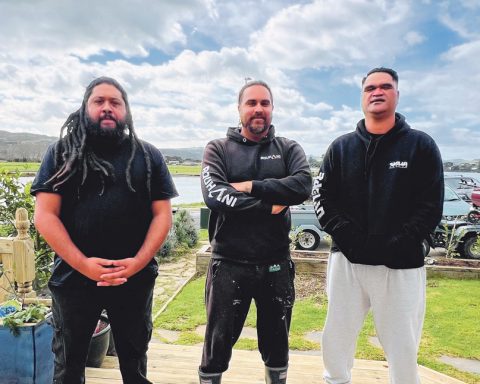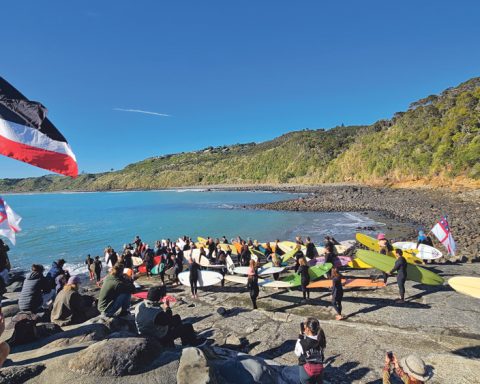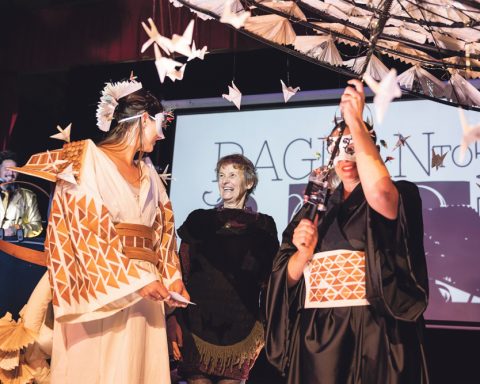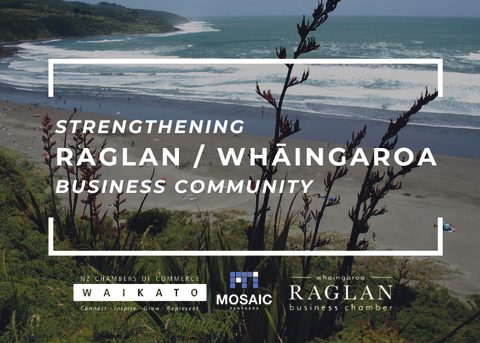Local Councillor Lisa Thompson joins us in the studio to celebrate the successful completion of the wharf project, a collaborative effort between the Council, hapū, and the community. Funding for the project was sourced from the central government’s Provincial Growth Fund and Better Off funding schemes. Two weeks ago, the project was officially inaugurated with a karakia and the unveiling of Simon te Wheoro’s stunning sculpture, ‘Pa Kahawai.’
In further exciting news, Simon’s artistic talents have garnered him a prestigious invitation to showcase his work at a sculpture event in Norway, where he will represent a unique cultural perspective alongside eight other selected artists.
Lisa also shares that preparations are underway for an Indigenous Film Festival, slated for Matariki, which will feature an exhibition showcasing Simon’s work among others.
Draft Annual Plan 24/25
The council is currently considering a significant 13.75% rates increase for the upcoming fiscal year. Community engagement has revealed a strong desire to prioritise essential projects such as storm-water management and road maintenance over non-urgent initiatives. While the draft plan is nearing completion, Lisa and the other councillors will again embark on more fiscal planning with the Long-Term Plan process beginning in July.
Lisa mentions that valuations have also been delayed, exacerbating issues for budget planning and rate changes for the Long-Term Plan.
Councillors unanimously back Māori Wards
During a recent meeting, councillors unanimously agreed that they do not support the disestablishment of Māori wards and strongly oppose any forthcoming bill from the central government on this matter.
The council firmly believes in the value that Māori boards bring to decision-making processes, emphasising the diversity they bring to the table and the positive relationships they foster with hapu across the district.
Previously, if voters disagreed with the council’s decision to establish Māori Wards, they had the option to challenge it through a poll. Only 5% of those in the electorate were required to overturn the council’s decision. However, this provision was removed in 2021. This change allowed councils, such as the Waikato District Council, to establish Māori wards without the possibility of them being challenged through a poll.
With several parliamentary bills being fast-tracked through the new government, Lisa says it’s important to keep an eye out for any submission opportunities for bills like the Māori Wards bill.
Civil Defence and Community Plan
Discussions also touched upon civil defence and management plans. The council announced plans to present the community plan at the next community board meeting for approval. This plan aims to coordinate community efforts and resources for effective management during emergencies or crises.
Issues like generator maintenance can be cumbersome with the need for regular upkeep to ensure functionality during emergencies. Lisa says that by working together as a community, we can pool our resources for an effective response strategy.
Housing Strategy
The council reported finalising and signing off on a housing strategy aimed at addressing housing challenges in the district. Lisa recognises that it’s a basic human right to access housing and the strategy focuses on enabling housing options that are safe, healthy, and affordable for all community members. Implementation plans include leveraging council resources, partnerships with government agencies, and community-led development initiatives.
“It’s a complicated beast, and there’s no one-size-fits-all. But I’m really pleased that we’ve got our strategy. Our vision for housing is that everyone in our community has access to a home that is safe, healthy, and affordable.”
Transport Strategy and Future Planning
Plans for a workshop on the draft transport strategy for Raglan have been announced, underscoring the need to address future transportation challenges, including population growth projections and infrastructure development.
Concerns have been raised regarding the lack of corridor studies for State Highway 23, highlighting the need for comprehensive planning to accommodate future traffic demands and maintain alternate transport options during emergencies (such as the closure of SH23 following Cyclone Gabrielle.)
With populations projected to double in the next 50 years, there is currently no plan to upgrade SH23 to accommodate growth.
